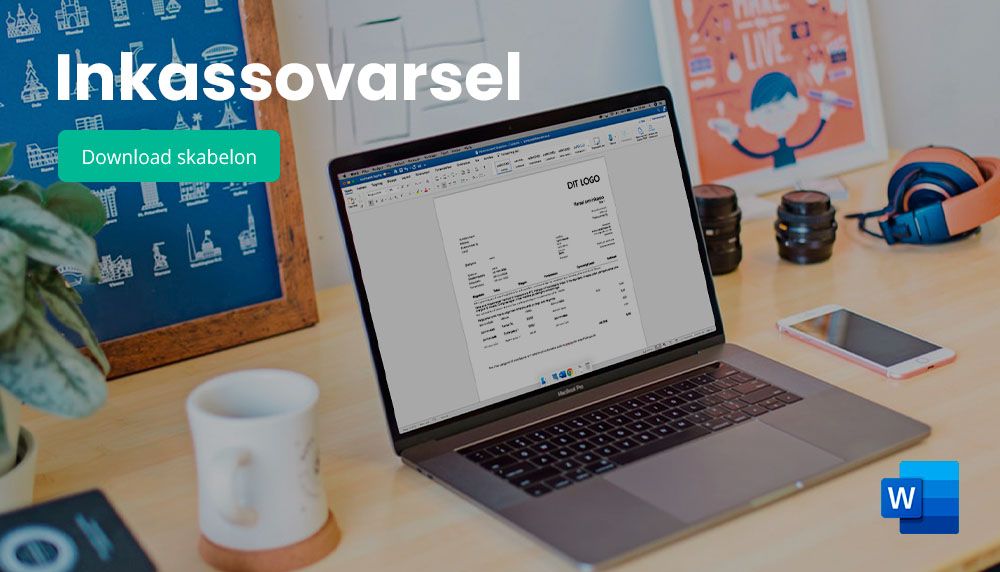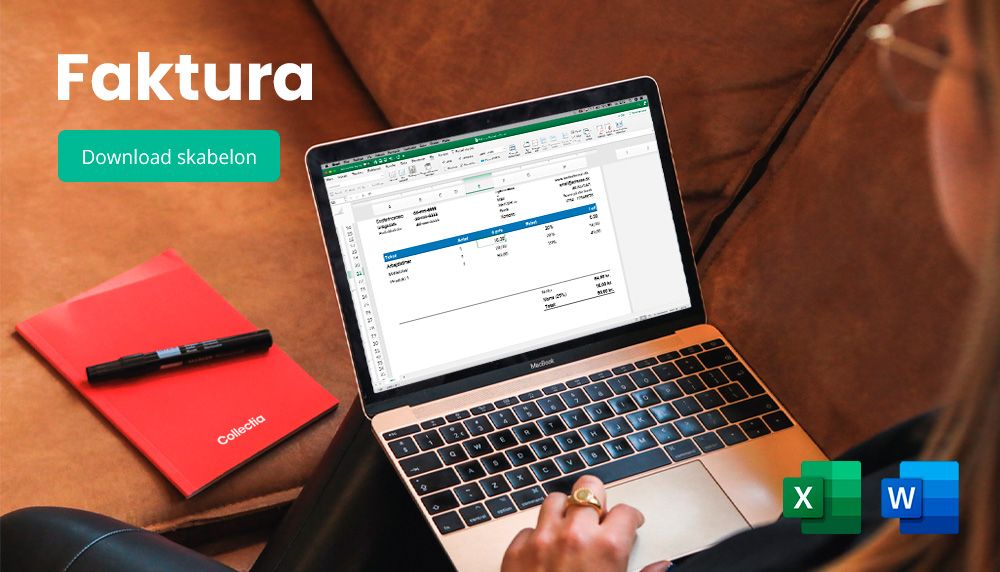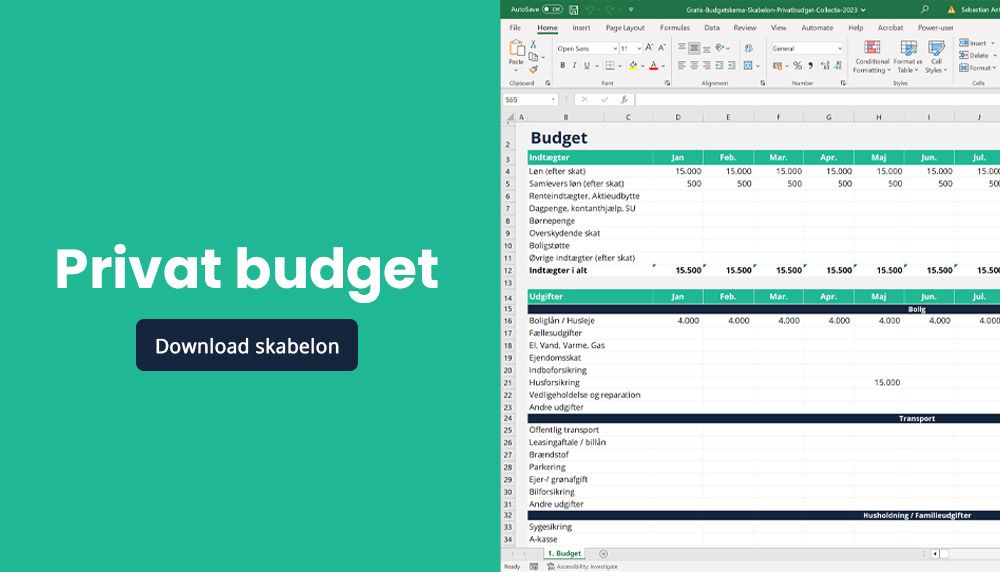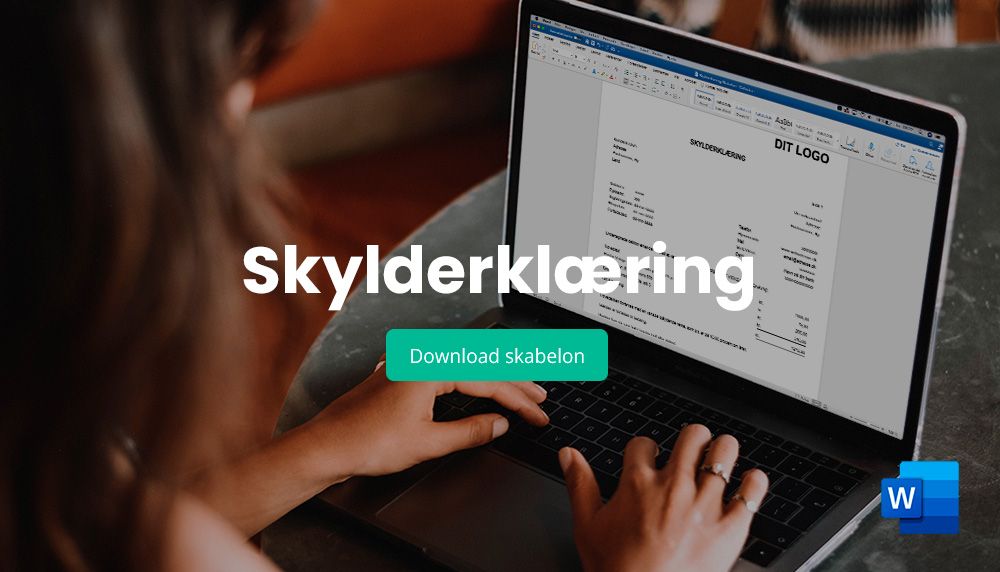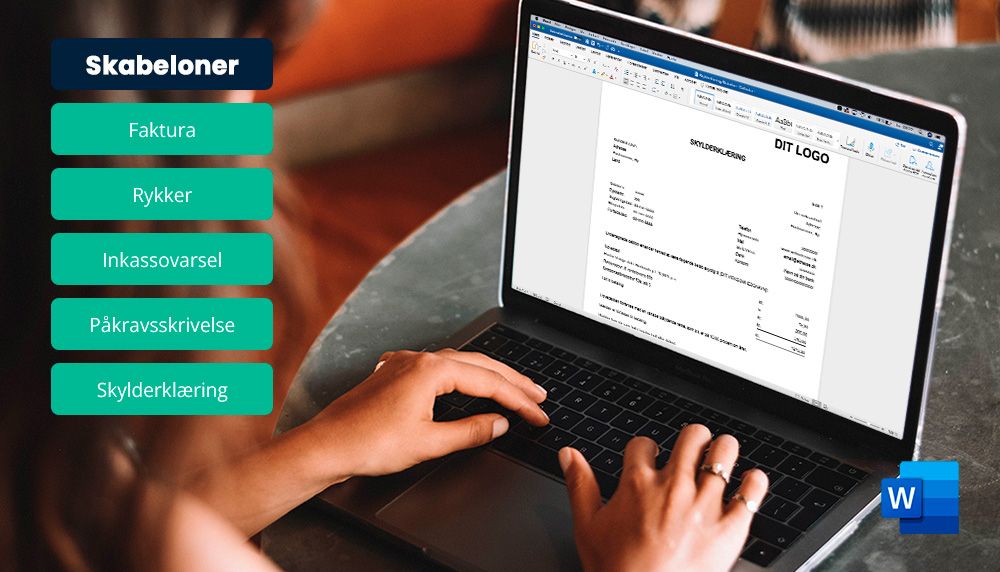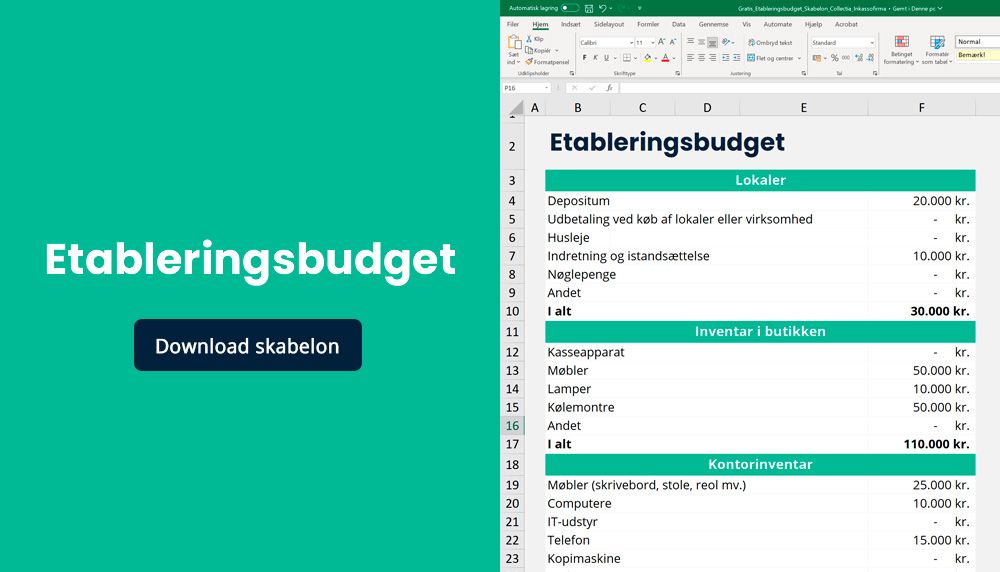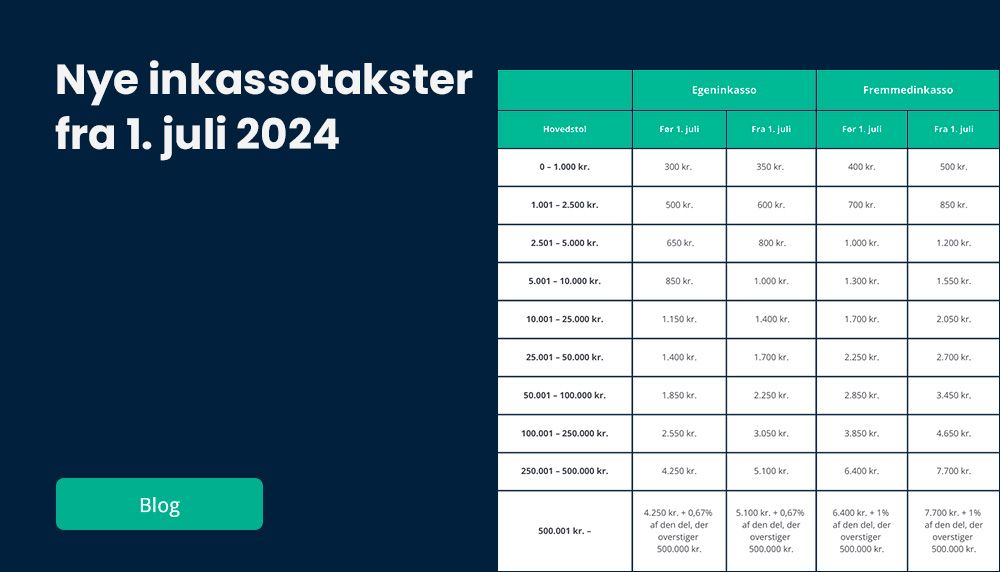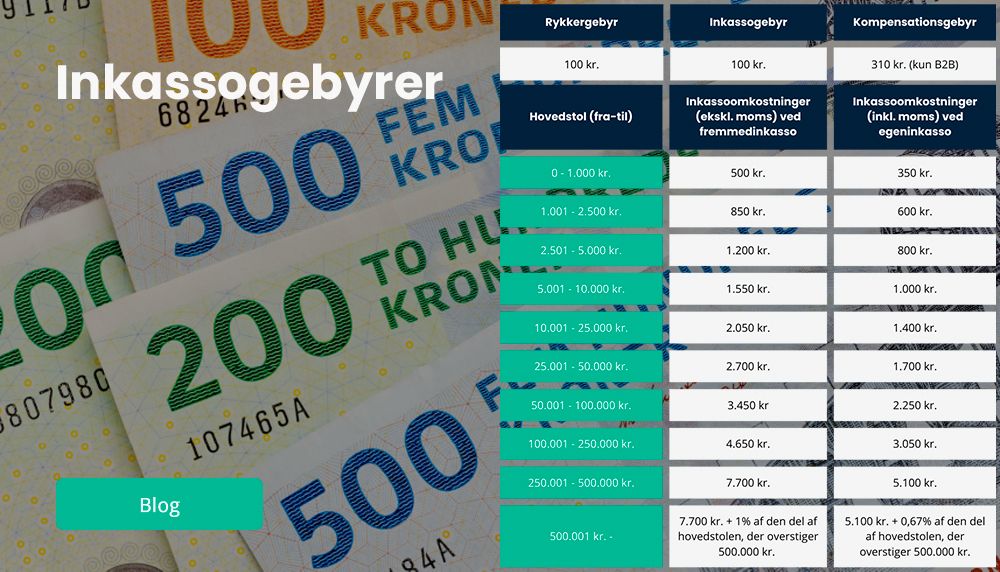
Credit meeting
If you or your creditors are undergoing debt restructuring, you will come across the term "creditors' meeting" in the process. In this article, we focus on the term, what it means for you as a debtor, you as a creditor - and not least, how you should relate to a creditors' meeting.
The article also discusses what happens at the creditor meeting - and what happens if the creditor doesn't show up for the meeting.
What is a credit meeting?
A creditors' meeting is a term that you as a creditor/claimant and you as a debtor will encounter in connection with a debt restructuring process.
The term meeting of creditors is used in bankruptcy court - and in legal terms, it's often the only place it's actually used.
The creditors' meeting is part of a longer process of debt restructuring and involves all parties to the debt restructuring. The court summons the creditors to a meeting together with the debtor - and the debtor's representative or lawyer, if any.
Prior to the meeting of creditors, a proposal for the debt restructuring has been prepared - including financial distribution, statement of values, description of the debtor's financial situation, etc. This proposal has been sent to the creditors, who have had the opportunity to review it before the meeting in the bankruptcy court.
At the creditor meeting, the creditor has the opportunity to review the proposal sent out and to inform about any errors or omissions in the proposal.
During the creditors' meeting - or often shortly after - the bankruptcy court decides on the debt restructuring - and whether or not the debtor is granted one.
For example, a debt relief order could state that a debt is reduced to 50%, to be paid over a three-year period, starting on August 1, 2024.
The debt restructuring is announced in the Danish Official Gazette, where anyone who wishes to can see the decision and how much the debt is reduced by. It also states when the debt settlement is to start and over how long a period the settlement is to take place.
What happens if the creditor fails to attend a creditors' meeting?
If a creditor or their representatives choose not to attend the creditors' meeting, it is not possible to make corrections or comments on the proposal at a later date. The creditors' meeting is the meeting where this happens.
So if the creditor has changes or comments to a proposal, it's a good idea to attend the creditors' meeting - or have your lawyer/collection agency attend on your behalf.
We recommend that you consult with your lawyer or debt collection agency about whether you should attend the creditors' meeting - there is typically no general rule on this.
Where can I find information about a creditors' meeting?
The creditors' meeting is announced in the Danish Official Gazette, typically one month before the actual meeting.
You can find Statstidende at Statstidende.dk
The notice of the creditors' meeting will contain all necessary information about the meeting itself, including the following information:
- Who the debt relief case is for (debtor)
- Debtor's full name, address
- Court case number
- Court address
- Date and venue of the creditors' meeting
The summons is issued by a lawyer appointed by the bankruptcy court, referred to as the bankruptcy court's assistant. This lawyer will typically be the sender of the notice on behalf of the bankruptcy court. It is also this attorney/assistant to whom the creditors have submitted their claims earlier in the process.
The notice in the Danish Official Gazette also always states that failure to attend the creditors' meeting will result in the creditors not being able to influence the bankruptcy court's decision.

